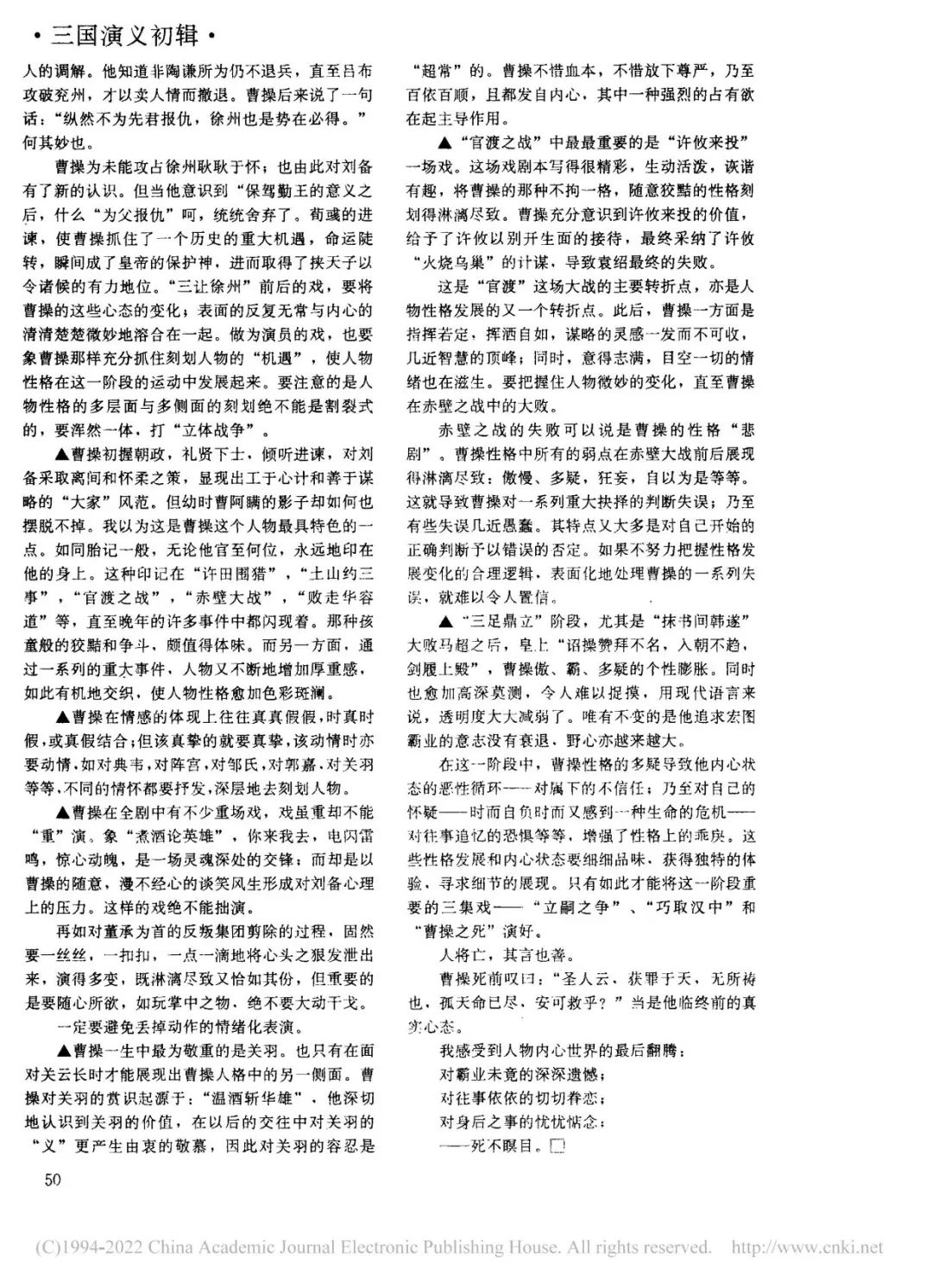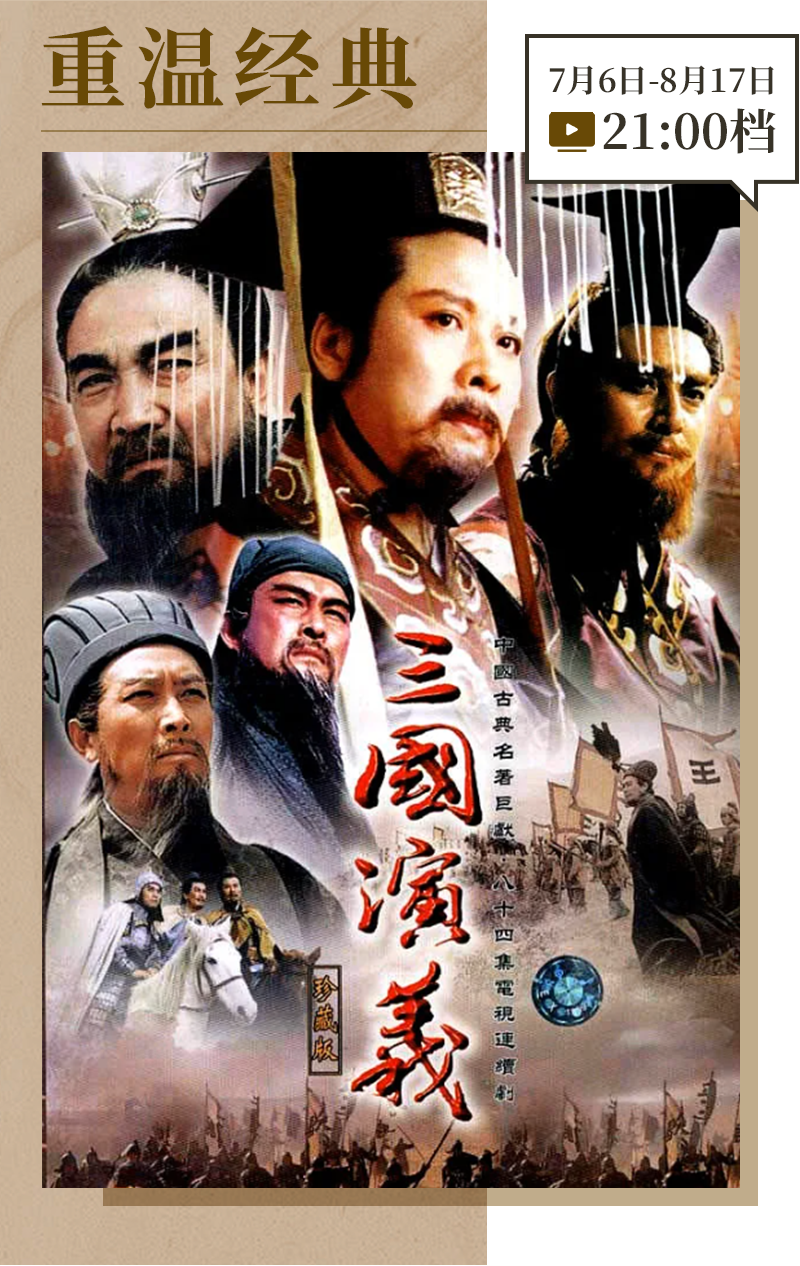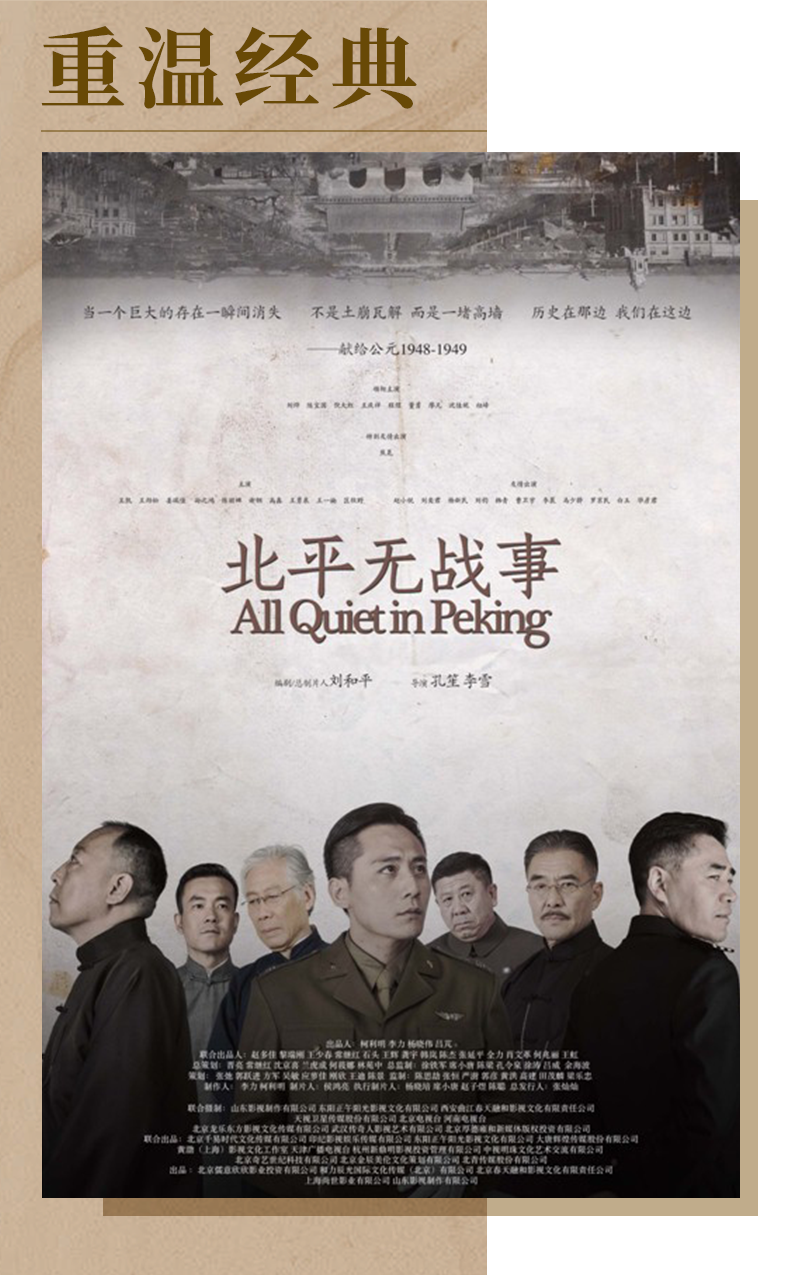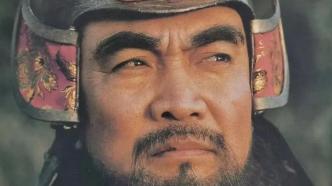
Recently, the 1994 version of "The Romance of the Three Kingdoms" was broadcast on the "Revisit the Classics" channel. This version is still the "classic among classics" adapted from famous works in the hearts of viewers. More than 150,000 people on Douban gave it a rating of 9.6. Among them, the famous actor Bao Guoan has performed a unique Cao Cao that meets the expectations of readers. Whether it is the heroic and ambitious recitation of "Guan Cang Hai" or the panic after the Battle of Chibi, they have become this version of "The Romance of the Three Kingdoms". 》 famous scene.
The 3rd issue of "China Television" magazine in 1994 published Bao Guoan's creative notes, from which we can get a glimpse of how he understood the development of the character's character, and interpreted the multi-faceted and complex nature of Cao Cao, a generational hero.

Make a fuss about Cao Cao's "many" and "odd"
The age span of the Cao Cao I play is from 39 to 66 years old. It is very important to grasp the development of age and character. To give new life to the ancients, it must be based on realistic performances. Although the different times have brought some new issues to the performance style, it must not be acted like a "showman". A higher realm can penetrate the unique charm of our nation.
The basic style of Cao Cao is bold and unrestrained, and he should avoid being restrained in his performance. "Cao Cao is not tall, but he is full of masculinity." We must grasp the "three mores" of Cao Cao: his quick wit, changeable personality, and suspicion. Be generous and casual in your performance. On the premise of being loyal to the original work and obeying the director's overall concept, we strive to explore the inner world of the characters and find our own unique feelings and experiences about the characters.
Mao Zonggang called Cao Cao "the most treacherous and strange person since ancient times", and the article should focus on the word "odd". Cao Cao's agility, intelligence, poet's temperament and bold feelings are organically combined with his suspicion, deceit and cruel opposition, forming a unique "this one", which is both strange and strange. If you can't act out "treachery" simply and conceptually, you are doomed to fail. Therefore, it is crucial to grasp the character's basic appearance and basic personality traits, find the internal logic of the character's behavior and the motivation for the action, and depict the character in action.

Understand the character development context from Cao Cao's "laughter"
It is necessary to be aware of the development of the character's personality. Cao Cao's actions throughout the play are to accomplish the great cause of unification by any means necessary. His smile reflects many elements of his character.
"Laughter" in youth mostly reflects informality, conceitedness, lack of scruples and a strong and enterprising personality. You must carefully appreciate the description of Cao Cao's boyhood in the novel. It was the budding stage of character development and the gene for future character development. In the first few episodes of the play, the characters were sharp-edged, magnanimous and conceited, until "Catch and Release Cao", the character's character underwent a qualitative change in a major event, and he uttered a heart-stirring cry: "I would rather teach me to let the world down than stop." Teach the people of the world to betray me." It can be said that this is a declaration of Cao Cao's future actions.
The "laughing" in middle age fully demonstrates the feeling of contentment, optimism and pride. The disintegration of the Eighteen Route Princes gave Cao Cao a better understanding of himself and full confidence in his own strength and wisdom. At the same time, it also strengthened his belief with "I" as the core, to create the world independently, and to "heroes create history." . After that, Cao Cao was ordered to defeat the "Yellow Turban" and was named General Zhendong by the imperial court. The army he led was known as the "Qingzhou Soldiers". His reputation grew stronger and his ambitions began to sprout.
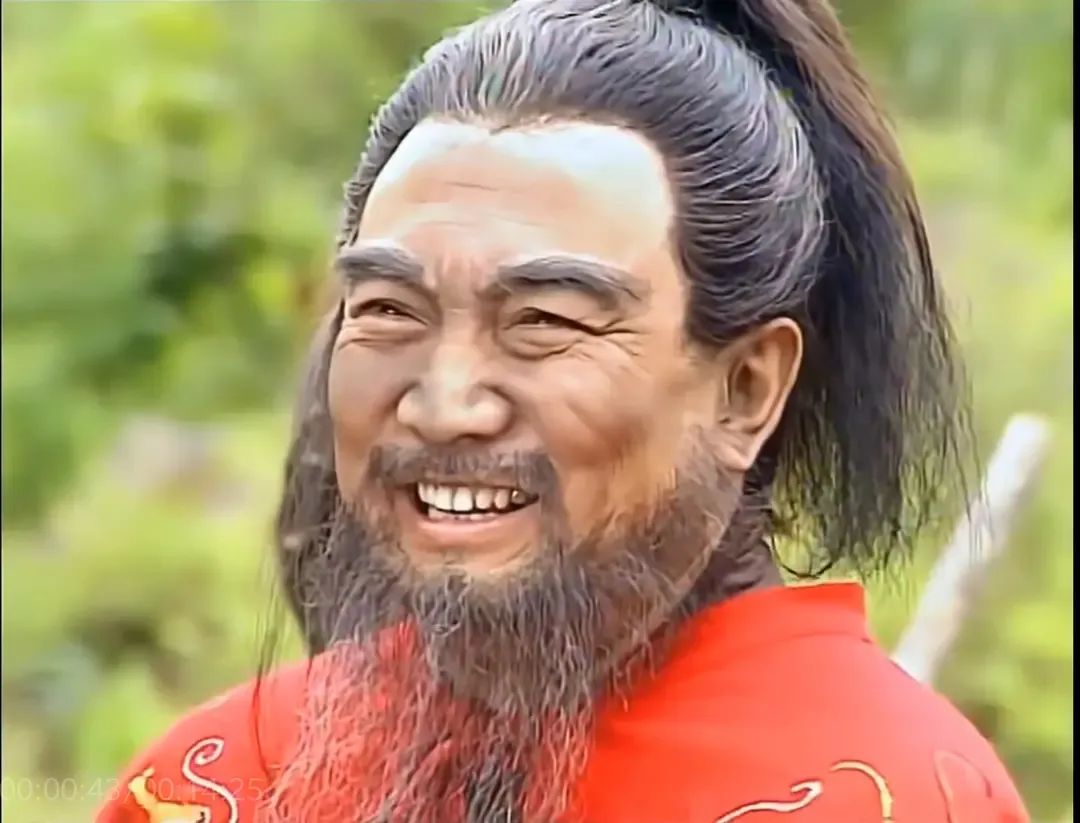
The "laugh" in his later years became more unpredictable and deceitful. When Cao Cao first took charge of the government, he treated the virtuous and corporal officers well, listened to his advice, and adopted alienating and tolerant tactics towards Liu Bei, showing his demeanor as a "general" who was crafty and good at strategy. But the shadow of Cao Ah Man when he was young cannot be shaken off. I think this is the most distinctive feature of Cao Cao. Like a birthmark, no matter what position he holds in office, this mark will always be imprinted on his body. The child-like spirit can be seen in the Battle of Guandu, the Battle of Chibi, the defeat on Huarong Road, and many events in his later years. Cunning and worth appreciating.
Act "Heavyweight and Lightweight" well - Increase the heaviness of the character
Cao Cao's emotions are often true and false, sometimes true and sometimes false, or a combination of true and false. But be sincere when you should be sincere, and be emotional when you should be emotional, such as for Dian Wei, Guo Jia, Guan Yu, etc.
Cao Cao has many important scenes in the whole play. Although the scenes are important, they cannot be "re-acted". Like "Cooking Wine and Discussing Heroes", you come and I go, lightning and thunder are thrilling, it is a soul-deep confrontation, but it is Cao Cao's casual, careless chatting and laughing that puts psychological pressure on Liu Bei. Such a play must not be performed poorly.
Another example is the process of eradicating the rebel group headed by Dong Cheng. Of course, the cruelty in the heart must be vented bit by bit, step by step, and the evolution is changeable. It is both vivid and appropriate, but the important thing is to do whatever you want. , just like playing with things in the palm of your hand, never make a big move. Be sure to avoid emotional performances that lose action.
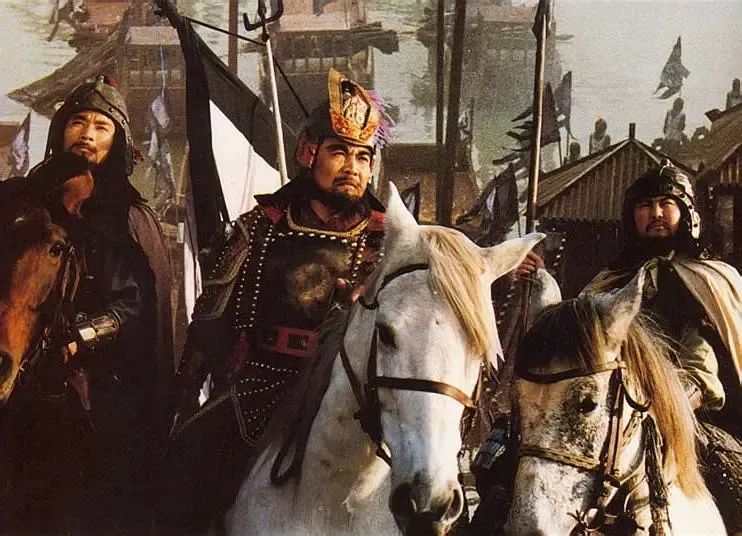
Feel the deep regret in the character's heart from the tragedy of Cao Cao's character
The most important scene in "The Battle of Guandu" is the scene of "Xu You comes to vote". This drama is well written, lively, humorous and interesting, and vividly portrays Cao Cao's informal, casual and cunning character. It is the main turning point in the "Guandu" battle and another step in the development of the character's character. A turning point. After that, Cao Cao's inspiration for his strategy was overwhelming. He was almost at the peak of his wisdom, and his arrogance was also growing. It is necessary to grasp the subtle changes in the characters until Cao Cao's defeat in the Battle of Chibi.
The failure of the Battle of Chibi can be said to be the "tragedy" of Cao Cao's character. All the weaknesses in Cao Cao's character were clearly displayed before and after the Battle of Chibi: arrogance, suspicion, arrogance, self-righteousness, etc. This led to Cao Cao's misjudgment of a series of major decisions; some of his mistakes were even almost stupid. It would be unbelievable to deal with Cao Cao's series of mistakes superficially without trying to grasp the reasonable logic of character development and changes.
Cao Cao's suspicious character led to a vicious cycle of his inner state. These character developments and inner states should be savored carefully to obtain unique experiences and seek to reveal the details. Only in this way can the three important episodes of this stage - "The Struggle for Succession", "The Clever Capture of Hanzhong" and "Cao Cao's Death" - be performed well.
When a person is about to die, his words are also good. Before Cao Cao died, he sighed and said: "The sage said: I have sinned against Heaven, and I have nothing to pray for. I have already exhausted my destiny, can I save him?" This must be his true state of mind before his death.
I felt the final churning of the character's inner world: deep regret for the unfinished hegemony, deep nostalgia for the past, and worry about what happened after death.
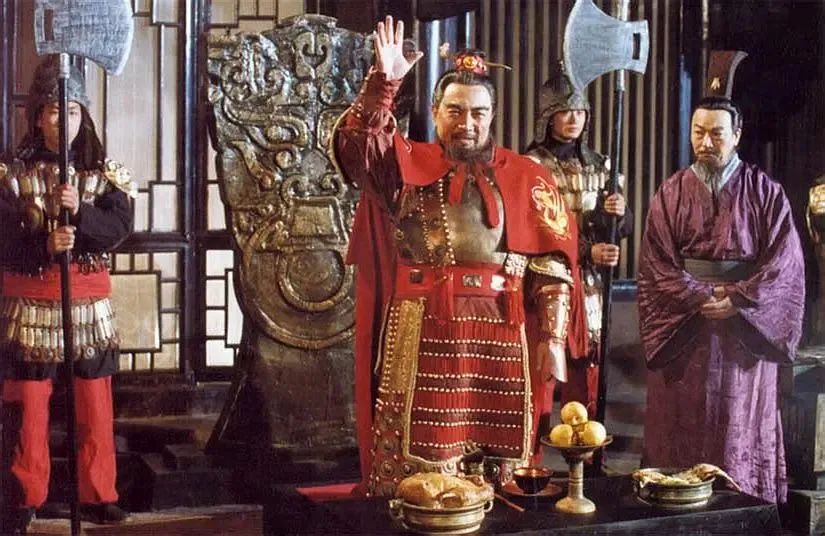
Attachment: "Cao Cao in the TV series "Romance of the Three Kingdoms" - excerpts from the creative notes" (originally published in the 3rd issue of "China Television" magazine in 1994)

